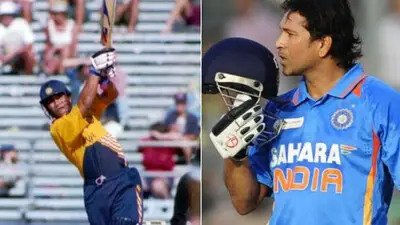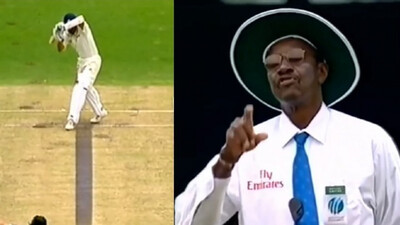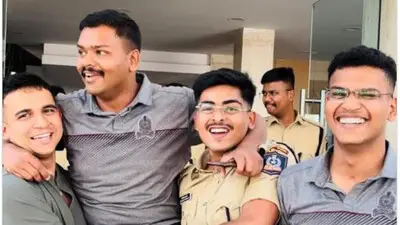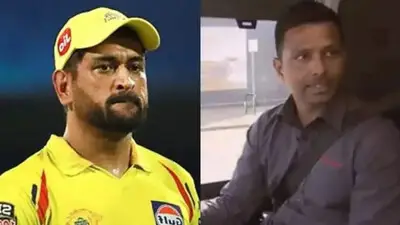Recommended Stories
"Our view is the present system is working satisfactorily, very well. We have been able to conduct reasonably efficient election management with the present dispensation. The view of the Election Commission has always been that Model Code is an effective instrument in the hands of Election Commission in election management. Anything that anyone wants to do will be certainly part of a larger public debate," Sampath told reporters after assuming office.
During the recent elections there had been statements by some government functionaries that the MCC be given a statutory backing, which the Commission feels will dent its powers to handle election code violations speedily during the poll period. On the collegium-type appointment for CEC, Sampath, who assumed charge as the 18th Chief Election Commissioner, said, "Regarding the collegium, at this point of time I would like to attend to the tasks at hand."
Replying to questions, he said the electoral reform proposals are "at last mile stage" and expressed the hope that they will be carried forward. "The reforms proposals are at last mile stage...We do hope that this will be carried forward. Whatever is in the realm of the Commission, we will certainly do to expedite the implementation of electoral reforms," Sampath said. On electoral reforms, which have been hanging fire for a long time, he said the Commission will strive for the early implementation of electoral reforms which are key for putting an end to criminalisation of politics and undue influence of money power in electoral arena. .
"Use of money power in elections disturbs the level playing field and vitiates purity of elections. Our objectives will be two-fold - to ensure legal expenses like rally, poster, banner, vehicles etc. are kept within ceiling limits, while simultaneously ensuring that illegal expenses like bribing voters with cash or kind are effectively prevented," Sampath said. On banning criminals from contesting elections, he said, the Commission has already taken a number of measures to prevent their interference in elections and has already written to government to bar people with criminal record, those who are charge-sheeted by the competent court, from contesting elections.
"Now it is upto the law-makers to take further action," Sampath, a 1973 batch IAS officer who took over as Election Commissioner in April, 2009, said. Listing out his priorities, he said, "First and foremost, a clean electoral roll and hassle-free registration are among our highest priorities". On proposals for setting up special courts to expedite election petitions, he said, "Any measure which will hasten the disposal of election petitions is certainly welcome and we will go into the details."
Holding pride in emergence of India as a largest democracy, Sampath said the country has come a long way from a 173 million electorate in the first national election to a 714 million in 2009, which is larger than both the European Union and United States put together. "I can say with no doubt in my mind that the experiment has succeeded, the gamble has paid off, and India stands in the forefront of democracy with the other great nations of the world," he noted.












